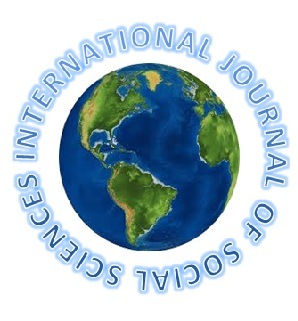
Uluslararası Sosyal Bilimler Dergisi
Yazarlar: Ohazuruike Kennedy
Konular:
Anahtar Kelimeler:Governance,Income Distribution,Income Inequality,Trader Money,Political Economy Approach
Özet: Good governance has been noted to be the single most important factor in eradicating poverty, income inequality and promoting development through proper income and wealth distribution. Governance is involved with the whole processes that deal with the creation and equitable distribution of wealth and income in the polity, and also in the management of the conflicts that arises in the process. Nigeria over the years has been grappling with the problem of governance and this has seriously affected the very germane issues of wealth and income generation and distribution, despite the fact that she is bequeathed with rich human and natural resources. The paper examined the effect of governance on income distribution and income inequality in Nigerian using the federal government social intervention policy programme of “trader moni” as our case study. The paper is largely theoretical, analytical and descriptive. Anchoring our discuss on the political economy approach, findings amongst others revealed that; the implementation of the trader moni social intervention policy of the federal government is skewed in such a way to generate vote for the ruling party, the APC as the government waited to launch it few weeks the governorship election in Osun and few months to the general elections. however, the paper recommends amongst others that; The federal government should adopt policies that would improve income distribution through agrarian-focused and employment-intensive growth strategies; industrialisation through a sustained government funding and support; high and widely spread expenditure on education; redistribution of assets; a structured market to direct education, training, and asset accumulation towards deprived groups; and strong policies towards social protection and social income. This is far better than going into the market to share ten thousand Naira to market women that would likely not yield any significant increase in the income generation capacity of the micro business owners.